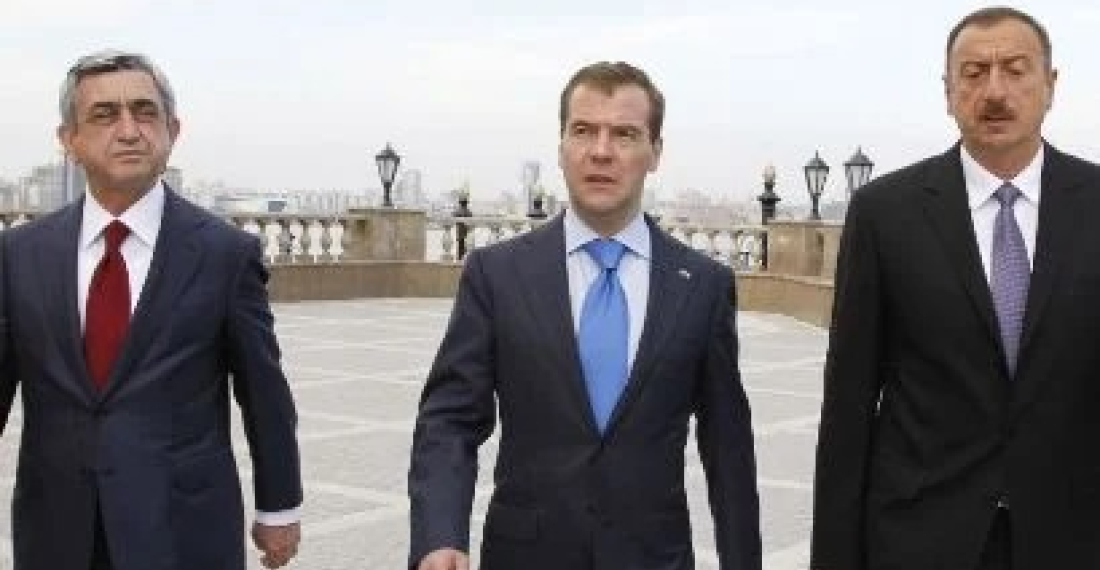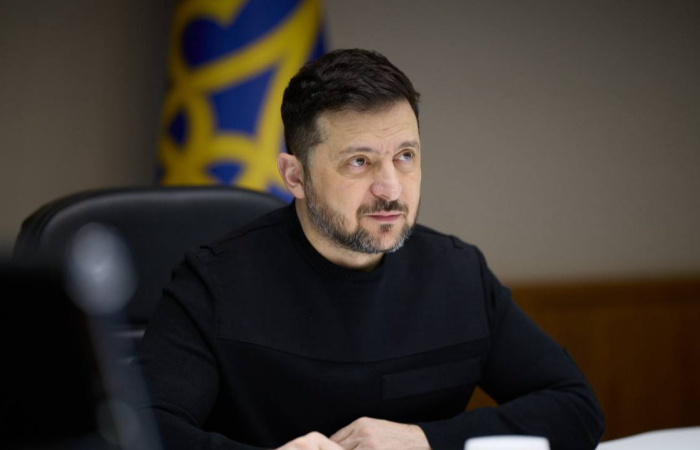The September 2023 military takeover of Nagorno-Karabakh by Azerbaijan was a watershed moment in the conflict. Azerbaijan achieved a decisive victory by force, defying decades-long widespread perception among OSCE Co-chair countries and other actors that the conflict had no military solution. Many expected that the demise of the self-proclaimed Nagorno-Karabakh Republic would pave the way for the Armenia – Azerbaijan peace agreement, thus bringing long-awaited stability to the region. However, it appeared that the issue of Nagorno-Karabakh was only one part of the bigger puzzle of Armenia–Azerbaijan relations. After September 2023, Azerbaijan brought back the narrative of a corridor via Armenia to connect Azerbaijan with Nakhijevan, despite the fact that there was no Lachin corridor anymore connecting Armenia with Nagorno-Karabakh and started to highlight the necessity to change the Armenian constitution and other laws,
Azerbaijan has been dragging the negotiation process. For the last six months, it rejected continuing negotiations on Western platforms, and Azerbaijani representatives did not go to Granada, Brussels, and Washington DC. Instead, Baku pushed forward the bilateral track, which resulted in the signature of the December 7, 2023, joint statement on the release of some PoWs and Armenia's support to Azerbaijan's bid to host COP29. The Armenia – Azerbaijan Commission on Delimitation and Demarcation held three meetings in November 2023, January and March 2024, and the sides continued exchanging drafts of the peace agreement. It seemed that negotiations got more momentum in February 2024, as Prime Minister Pashinyan and President Aliyev met on the margins of the Munich Security Conference through the mediation of German chancellor Scholz, and the ministers of foreign affairs soon after held another meeting in Berlin.
However, both Armenian and Azerbaijani sources stated that key differences still existed after the Munich and Berlin meetings, and there were no significant achievements during the last three meetings of the border delimitation and demarcation commission, while Azerbaijan demanded Armenia immediately give to Azerbaijani control of the four enclaves. Even more, in January 2024, the Armenian Foreign Minister and Security Council Secretary stated there was a regression in Azerbaijan's positions. As the EU and the US election season approaches, their attention on the South Caucasus will further reduce. Armenia and Azerbaijan may find themselves in a situation where negotiations are underway, but there is no breakthrough or hope for a breakthrough.
Baku and Yerevan have been in such a situation in the past. After intensive, mostly Russia-mediated negotiations of 2009-2011, sides were very close to signing an agreement based on the Madrid principles elaborated by the OSCE Minsk Group Co-Chair countries between 2007 and 2009, and published in July 2009. The summit took place in the Russian city of Kazan in June 2011. Before the summit, the US and French Presidents reached out to Presidents Aliyev and Sargsyan, encouraging them to take the decisive step and sign the agreement. However, the Kazan summit failed, and the Armenian and Azerbaijani sides accused each other of the failure. Despite the disappointing outcome of the Kazan summit, the negotiation process continued. Presidents Aliyev and Sargsyan met several times after Kazan, and Foreign Affairs Ministers also continued their interaction.
However, after the Kazan summit failure, there was a feeling that the process continued for the sake of it, and the likelihood of military escalation increased. Azerbaijan started limited-scale escalations along the line of contact in Summer 2014, culminating in the April 2016 four-day war. Immediately after April 2016, Armenia and Azerbaijan leaders negotiated in Vienna, Saint Petersburg, and later in Geneva in October 2017, while Foreign Affairs Ministers met in Krakow in January 2018. Negotiations continued after the Velvet Revolution in Armenia, as Prime Minister Pashinyan and President Aliyev met in January and March 2019 and debated in February 2020 at the Munich Security Conference. However, again, there was a feeling that the process went nowhere, and war was approaching.
Could the military takeover of Nagorno-Karabakh in September 2023 bring Armenia – Azerbaijan relations back to the post-2011 era, when negotiations continued but without any real chance of success, while Azerbaijan was preparing for military escalation? The six months since September 2023 did not bring optimism for a possible peace agreement. There is a growing perception in Armenia and among some external stakeholders that Azerbaijan is likely to launch a limited-scale incursion under the pretext of “liberating” the eight Azerbaijani villages from “Armenian occupation” or a large-scale operation to get the corridor between Azerbaijan and Nakhijevan. While Azerbaijani officials publicly deny this possibility during their engagements with Western officials and media, they continue to speak about the “Armenian occupation of Azerbaijani villages”, and about the necessity to have uncontrolled access for Azerbaijani citizens and goods to Nakhijevan via Armenia.
Thus, the Armenia – Azerbaijan negotiation process after September 2023 appears similar to the period following the failed Kazan summit of June 2011. The upcoming EU and US elections may decrease their attention to the Armenia – Azerbaijan conflict and result in limited engagement, which may continue beyond 2024. Russia is predominantly focused on the war in Ukraine, and given the deteriorating Armenia – Russia relations and Armenia's reluctance to resume negotiations at the Moscow platform, it is unlikely that it will take the lead in the mediation process. In the current environment, very soon the "negotiation for the sake of negotiation process" process may end with another escalation. To prevent such development, the actors interested in peace should send a clear message to Azerbaijan, that any military operation, regardless of scope and place, will trigger a tough reaction and will harm Azerbaijan significantly. Simultaneously, they should take steps to re-launch the substantive negotiations with a clear path forward.
source: Benyamin Poghosyan is a Senior Fellow on foreign policy at APRI Armenia and the founder and Chairman of the Centre for Political and Economic Strategic Studies in Yerevan.
photo: Leaders of Armenia, Azerbaijan and Russia met in Kazan in 2011
The views expressed in opinion pieces and commentaries do not necessarily reflect the position of commonspace.eu or its partners.







